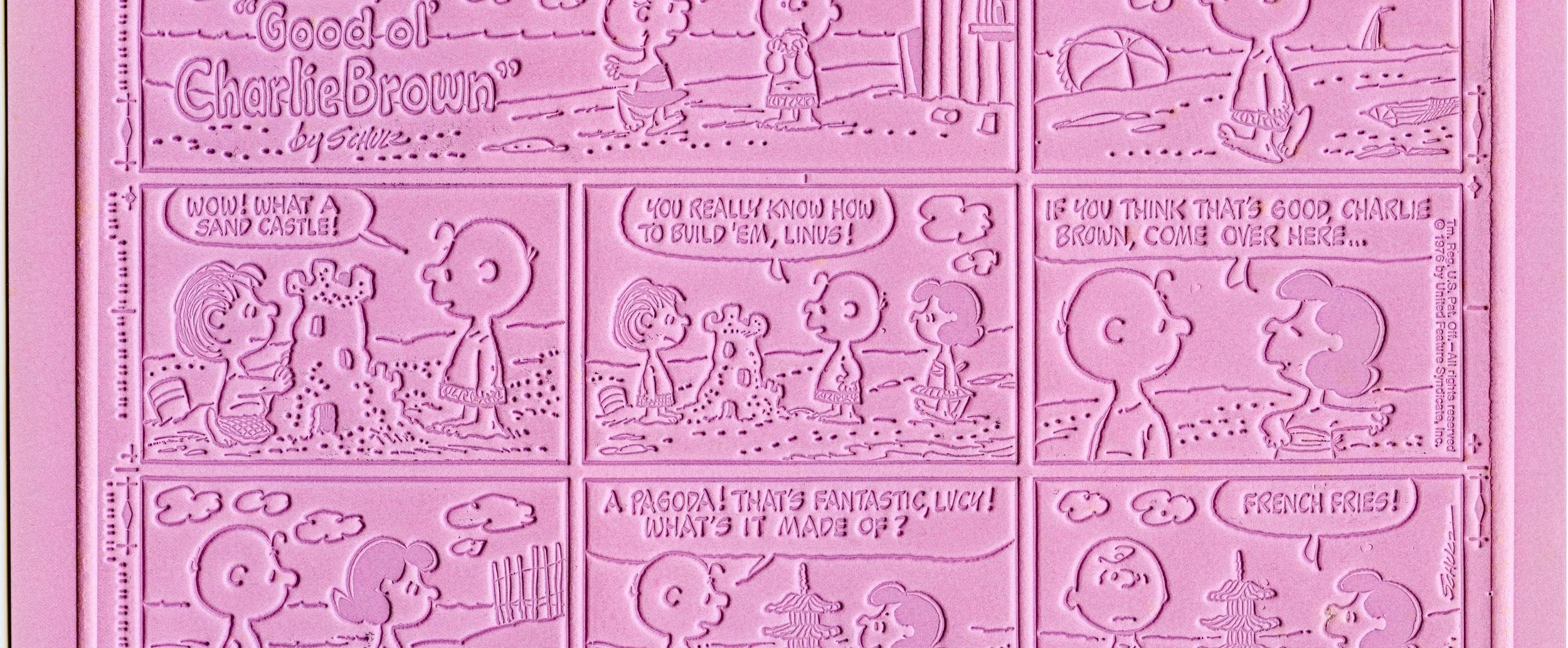I had a chance to read several books on a vacation last week because our little boy was being held and managed by several in-laws. He also slept an inordinate amount, probably due to the disorientation of being in a new place for several days--he was quite happy there, but fairly ecstatic when we returned home to his routine here.
What's also nice is that I liked everything I read.

The Victorian Internet: This book that recounts the history of the rise and fall of the telegraph system is a remarkably good read. I know, it sounds quite deadly dull, but the story has frightening parallels with the growth of the Internet and the dotcom crash, and it turns out to be a great yarn. The author, Tom Standage, conveys the excitement that went 'round the world when distances were cut. I had never given much thought to how the telegraph suddenly separately electrons and atoms. Dits (not bits) and dahs could girdle the globe. I also didn't know that A.G. Bell invented the telephone when he was trying to create a way of encoding telegraph data across several separate frequencies--akin to today's fiber optical networks that produce gigabits in each color instead of white light. (Does that mean a Bell-like breakthrough will come in fiber optics, too? Can't see it, but I'm not a genius.)
Standage is the technology editor at The Economist, and a terrific writer. I've met him and correspond with him occasionally--he quoted me once in his magazine--but I had no idea he'd written this book when I first read it a year or so ago. The edition I have doesn't put his name prominently on the cover, and it was given to me as a gift. I had finished the book when I realized it was him. (This led me to another of his books, The Neptune File, which is about the discovery of the planet Uranus. Earlier planetary discoveries could be made by eye, but the later planets required fiendish mathematical calculation to predict their location in the sky. Tempers flare. International incidents abound. Crazy people and geniuses are involved. Ripping tale.)
Standage has a new book coming out this summer called A History of the World in Six Glasses which wear beer, coffee, and other goggles to look at the development of societies across time and space. It's not yet pre-orderable, or I'd put a link here.
Words in a French Life: Kristin Espinasse is an American ex-pat living in France with her French husband two children. She's a desert rat, even, from Arizona, who manages to enjoy life in her adopted language. She started a list called French Word-a-Day in which she provides an interesting French word, related phrases, and a little story about it. The writing is lovely. Her children are hilarious and somewhat precocious. Her husband sounds pretty fantastic. I look forward to her novels, as she surely has fiction in her future. The book is currently backordered, but she has a new edition available soon.

The Mac OS X Command Line: It's not a barn-burner, but it's a terrifically detailed technical book written by my colleague (who, oddly enough, is also an American ex-pat who lives in France...sense a theme?). I'm a decade-long Unix administrator, but I found enough in this tome devoted to the Mac OS X's particular command-line implementation to be highly, highly useful. I also like the structure. The command is introduced by utility first, then the detailed reference appears. This is much better than showing what flags a command can take before you know why you should care.
The Diamond Age: I re-read Neil Stephenson's pre-Baroque Cycle work, and found that I liked it much better on a subsequent read. The whole thing hung together much better for me, for some reason.
The Know-It-All: Actually, I read this over a period of several weeks while Ben was still learning to sleep. A few pages here and there. The book is fine, but not thrilling. I'm not sorry to have read it, but I also don't feel it advanced my understanding of humanity. It's too revealing of the author's lack of knowledge before he tackles reading the entire Encyclopedia Britannica, and has way way too much about he and his wife's desire to have a child. It also has no real structure except alphabetic and chronologic. I made my wife laugh and laugh and laugh when I said, "I know most of the stuff that he discovered by reading the entire encyclopedia." I'm a sponge, so I don't need an encyclopedia to present me with random tidbits of historical knowledge.
